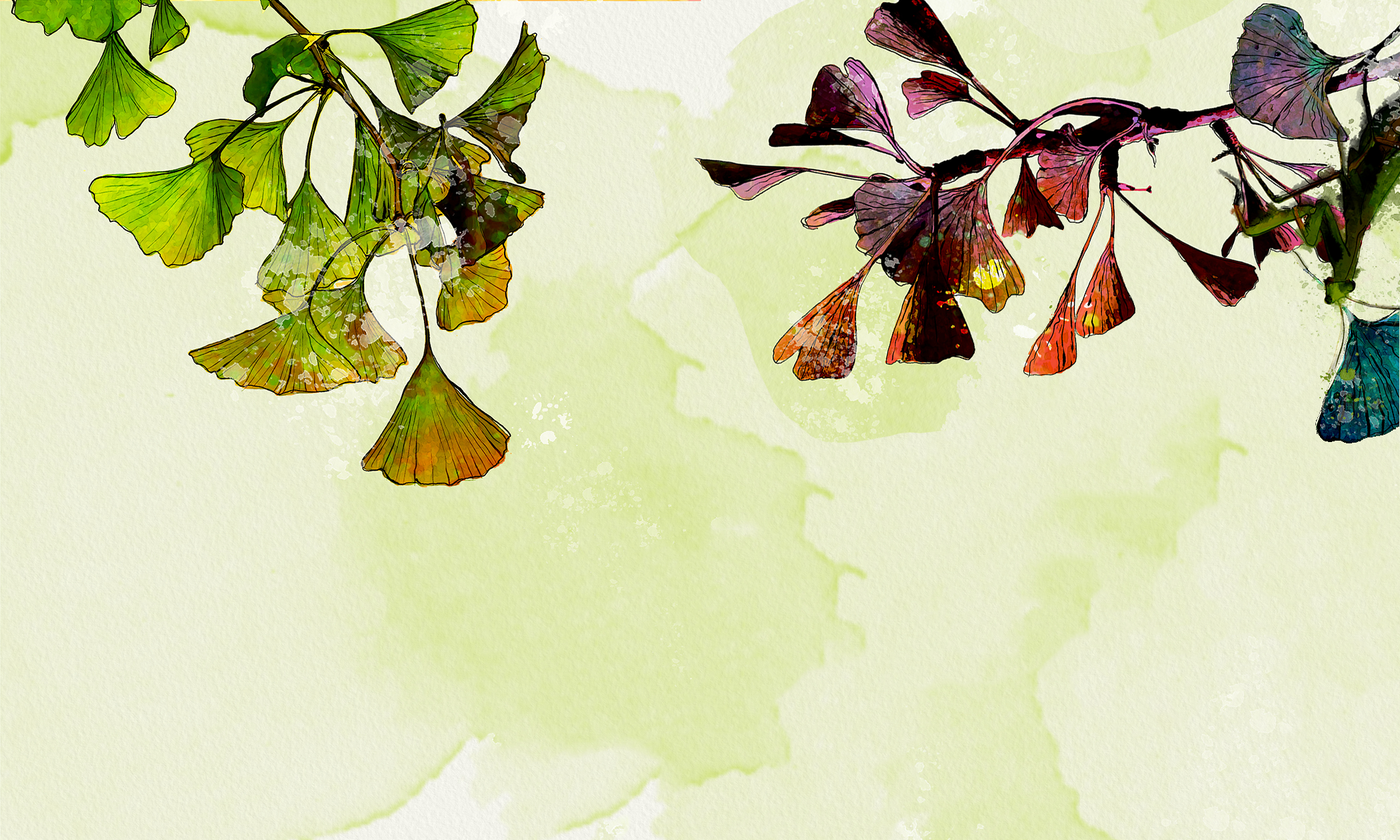
Mantis 20 (Spring 2022)
Translations
Véronique Tadjo
translated from the French by Alani Hicks-Bartlett
Le premier chemin
En vérité, la solitude n’a pas de nom, puisqu’elle se cache dans les recoins de ton corps. Elle se cache en suivant le chemin de tes veines, la ligne de ta colonne vertébrale et le marécage dense de ton esprit en éveil.
Interroge le miroir brisé, les fragments de ton âme qui te disent lavérité. Interroge la cassure, l’éparpillement. Interroge, interroge, jusqu’à l’épuisement.
Car, il a fallu que nous naissions seuls. Il a fallu trouver la lumière au bout du tunnel. Il a fallu quitter la chaleur moite pour l’air sec du dehors.
Oublie
tes vieilles idées
tes souliers usés
Regarde-toi en face
La solitude
ne t’a jamais quitté
Oublie le souvenir
qui te retient
et t’empêche d’avancer
Le souvenir toujours
pour te dire
que les choses
ne sont plus les mêmes
que tes rêves
n’ont pas survécu
aux saisons sèches
from The First Path
In truth, loneliness has no name, because it hides in the corners of your body. It hides by following the path of your veins, the line of your spine, and the dense swamp of your awakening mind.
Interrogate the broken mirror, the fragments of your soul that tell you the truth. Interrogate the rupture, the scattering. Interrogate, interrogate, until exhaustion.
For we had to be born alone. We had to find the light at the end of the tunnel. We had to abandon the moist heat for the dry air outside.
Forget
your old ideas
your worn shoes
Take a look at yourself
The loneliness
has never left you
Forget the memory
that holds you back
and prevents you from moving forward
Remember it always
in order tell yourself
that things
are no longer the same
that your dreams
did not survive
the dry seasons
Le second chemin
Elle aurait aimé tout effacer de son esprit pour mieux absorber la beauté. Parcourir chaque visage, chaque fenêtre entrouverte, chaque mur lépreux. Habits bâillant à la face du soleil lapant le toit d’un ciel très lisse.
Elle aurait souhaité devenir vagabonde, dormant à même le sol,
mangeant à même la rue. Elle aurait voulu être naufragée.
Elle aimerait lancer un cri puissant qui secouerait son corps et ferait éclater son âme. Un cri qui balaierait tout, traversait les parois obscures et viendrait se fger dans le cœur. Un cri comme un déluge.
from The Second Path
She would have liked to erase everything from her mind to better absorb the beauty. To go over every face, every half-opened window, every peeling wall. Clothes yawning before the sun lapping at the roof of a very smooth sky.
She would have liked to become a vagabond, sleeping on the bare ground, eating off the street. She would have liked to be shipwrecked.
She would love to let out a powerful cry that would shake her body and make her soul explode. A cry that would sweep away everything, that would traverse the dark walls and come lodge itself in her heart. A cry like a flood.
Born in 1955 in France and raised in Côte d’Ivoire, VÉRONIQUE TADJO’s voice as a diasporic woman writer is an important, vital, and unique one. In addition to her poetry, she has written short stories, novels, children’s literature, and she has written a great deal of vital critical work, particularly on the Rwandan genocide, which provides an important contextual backdrop to much of her work on memory, travel, loss, and recuperation. In addition to her three volumes of poetry, Tadjo has published fve novels, and numerous children’s books and essays. She has received various prestigious awards throughout her career, the most recent being Africa’s highest literary prize (the Grand prix littéraire d’Afrique noire in 2005), and the Bernard Dadié Grand Prize for Literature in 2016.
ALANI ROSA HICKS-BARTLETT is a writer, translator, and Assistant Professor of French and Comparative Literature at Brown University. In terms of her creative work, recent poems and translations have appeared in The Stillwater Review, IthacaLit, Gathering Storm, Broad River Review, The Fourth River, and Mantis, among others. She is committed to bringing the voices of historically and socially marginalized people to the fore; as such, many of her translations prioritize women, diasporic writers, LGBTQIA+, Latinx, and premodern writers. Alani enjoys translating from various Romance Languages, as well from German and Yiddish, to English. Alani holds BAs in French, Spanish, and Italian, from Bryn Mawr College, and attended graduate programs at Bryn Mawr, Middlebury College, and the University of California, Berkeley.
